Global Health Unfiltered Blog

Antimicrobial Resistance: The Silent Global Health Threat
The World Bank estimates that AMR could cost the world an additional $1 trillion in healthcare expenditures by 2050. Even with new antibiotics being developed, the emergence of resistance continues, rendering them ineffective. This begs the question: what actionable solutions can we implement to address this silent threat?
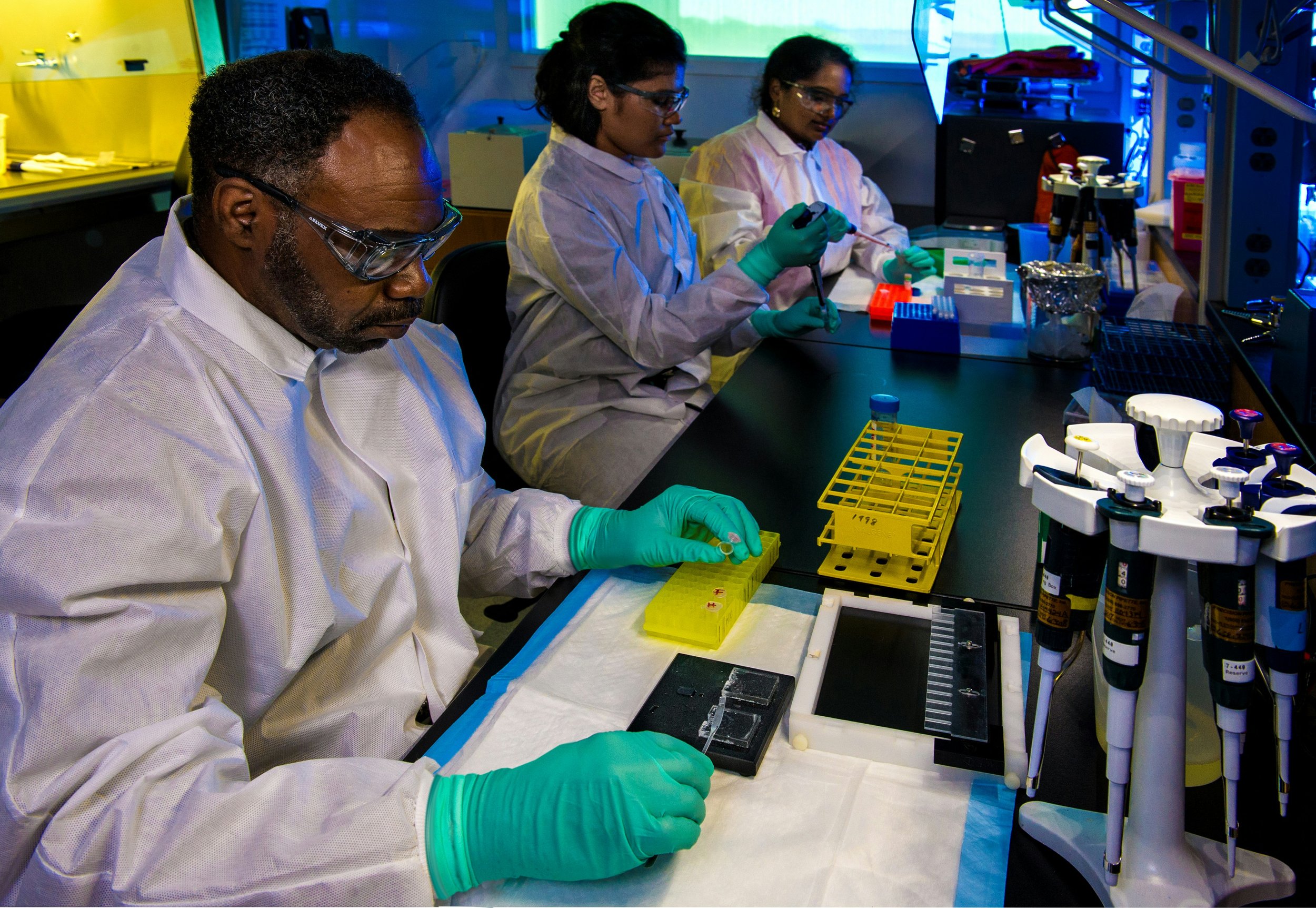
Institutional Dominance versus Collaborative Equity in Global Health
International aid, often the lifeline of global health programs in LMICs, can inadvertently perpetuate these imbalances. Donor-driven agendas can steer research, neglecting local priorities and expertise. Instead, we need models that empower LMIC institutions to set research agendas, collaborate on equal footing, and build sustainable partnerships beyond quick-fix projects.

Tribal Marks and Modernity: Scars of Pain or Heritage?
Body modifications hold significant cultural significance in many parts of Africa, symbolizing age, social status, beliefs, and religion. Some tribes use them to represent diplomacy, wealth, creativity, and wisdom. Practices like scarification and lip plates, while seemingly foreign to outsiders, hold deep meaning within these communities.

A Cry for Help: Dismantling the Stigma Around Mental Health
I yearned for someone to understand the silent screams echoing within me, someone to acknowledge the invisible pain I was enduring. In essence, I yearned for access to mental healthcare.
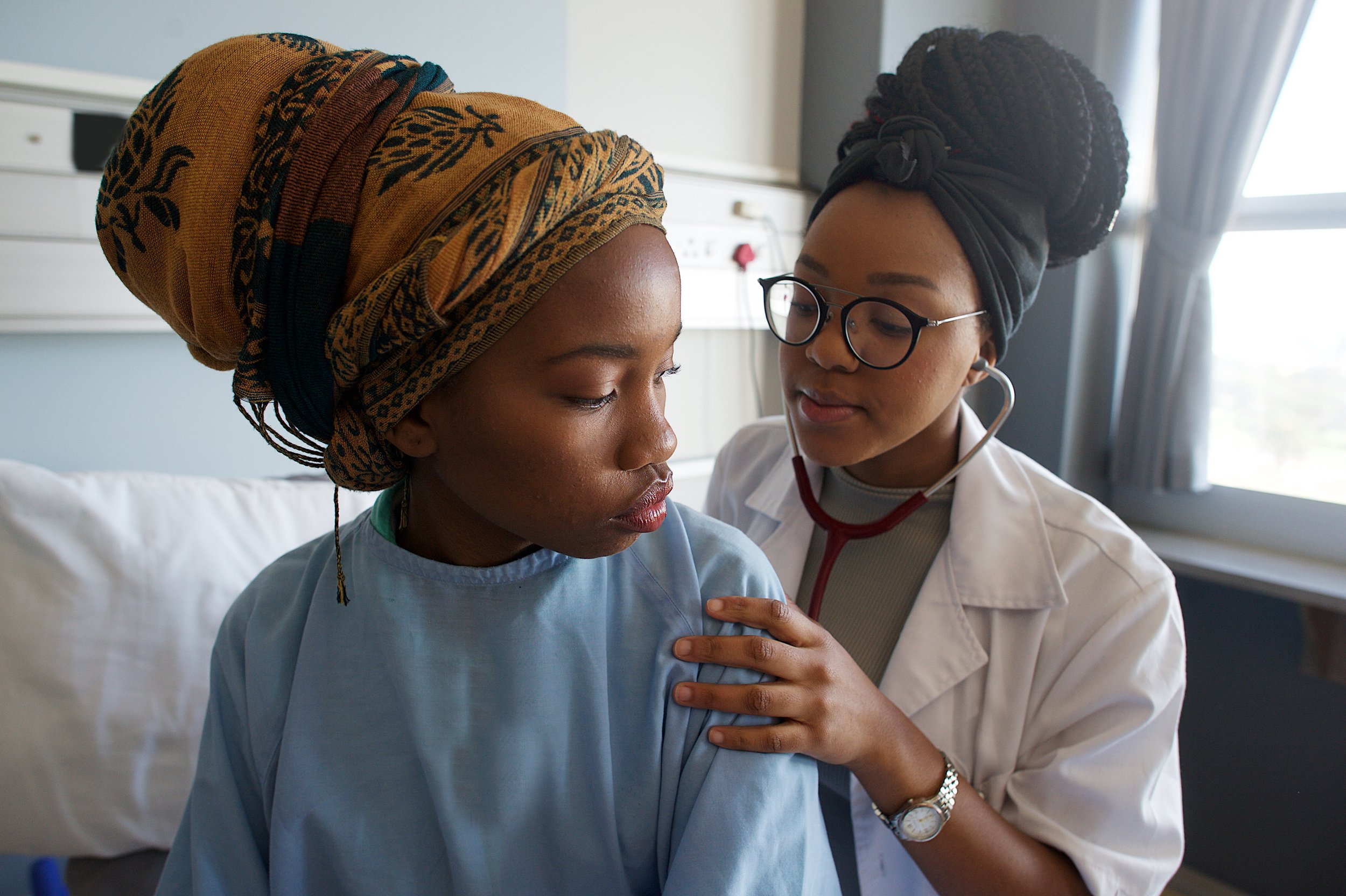
The Devastating Impact of Misdiagnosed and Delayed Tuberculosis Treatment
One look at my Chest X-ray and her mouth went agape. “She has TB,” she declared, “which has caused quite a lot of damage to the chest.” My mother, the strongest woman I know, was visibly shaken.
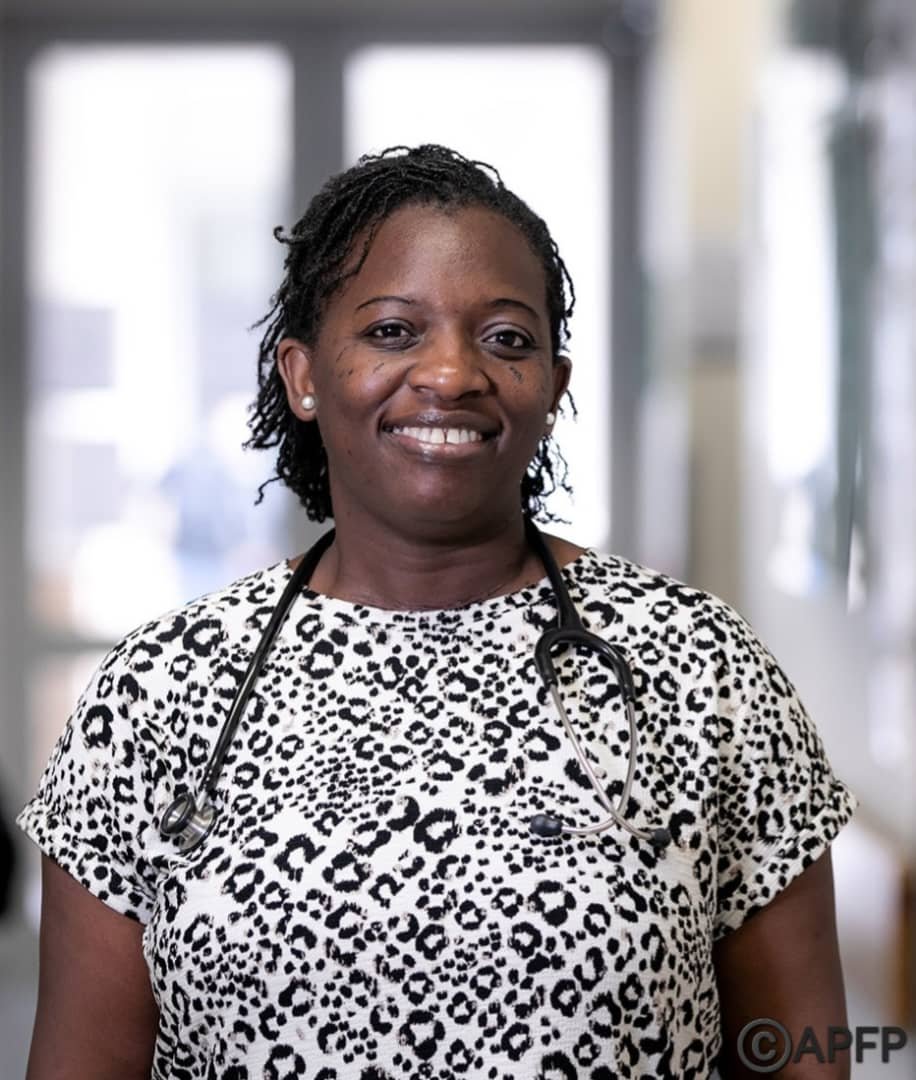
Can We End Tuberculosis?
This year’s World TB Day (24 March 2024) theme is ‘Yes! We can end TB!’. It conveys a message of hope that getting back on track to turn the tide against the TB epidemic is possible. The emphasis is on turning commitments into tangible actions.

We want your services but not your family: a case for the migrant care worker
As an aging society, the population of seniors aged 80 and over in the UK is expected to double from 2.7 million to 5.4 million by 2031. With these figures in mind, it seems the British public will continue to rely on the services of migrant care workers, who currently make up 17% of the care sector.
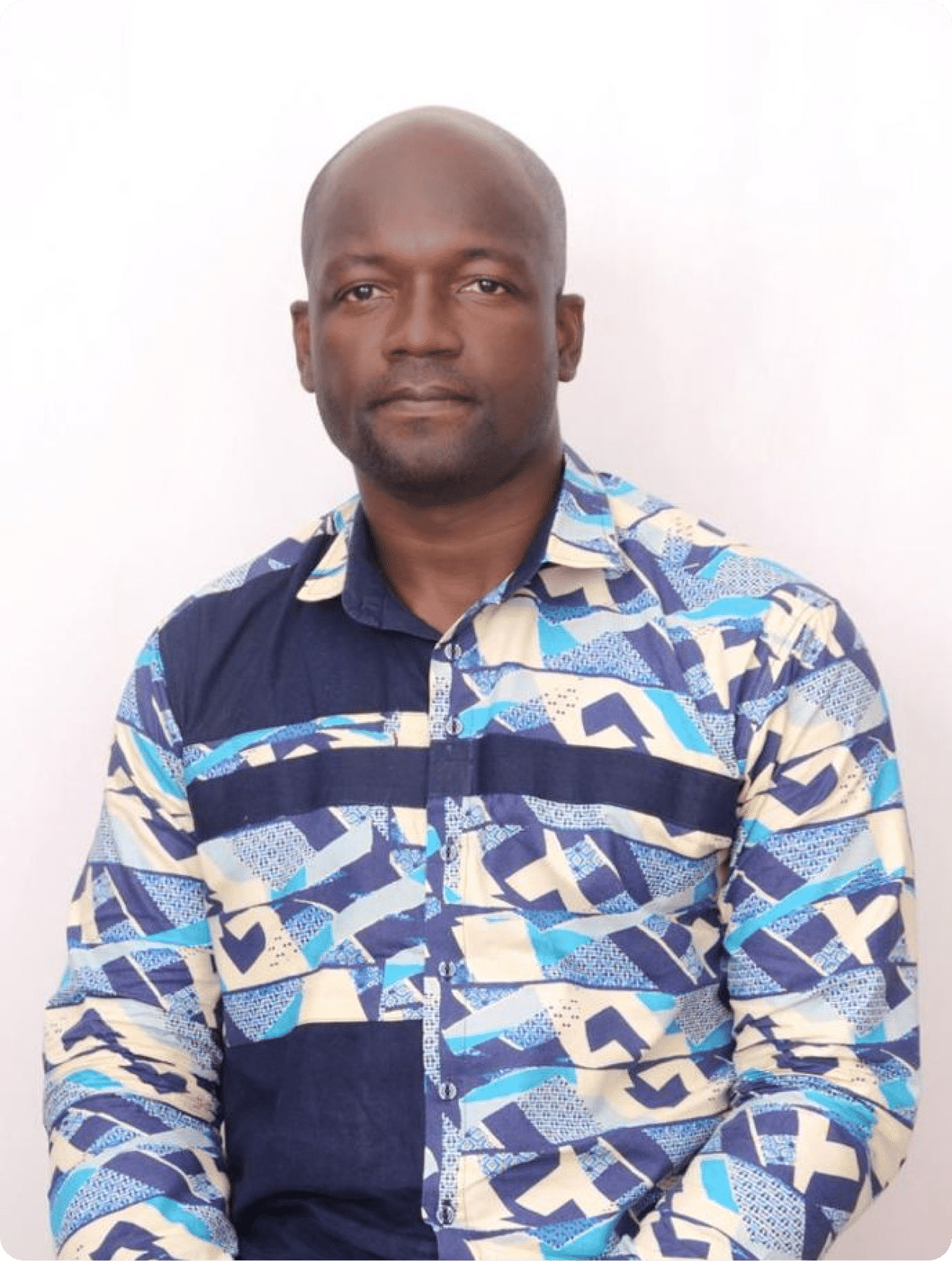
Private aspirations
Last year, after working in government for 20 years, I decided to go private. I have always believed that specialty surgery will only develop in this country with private investment.
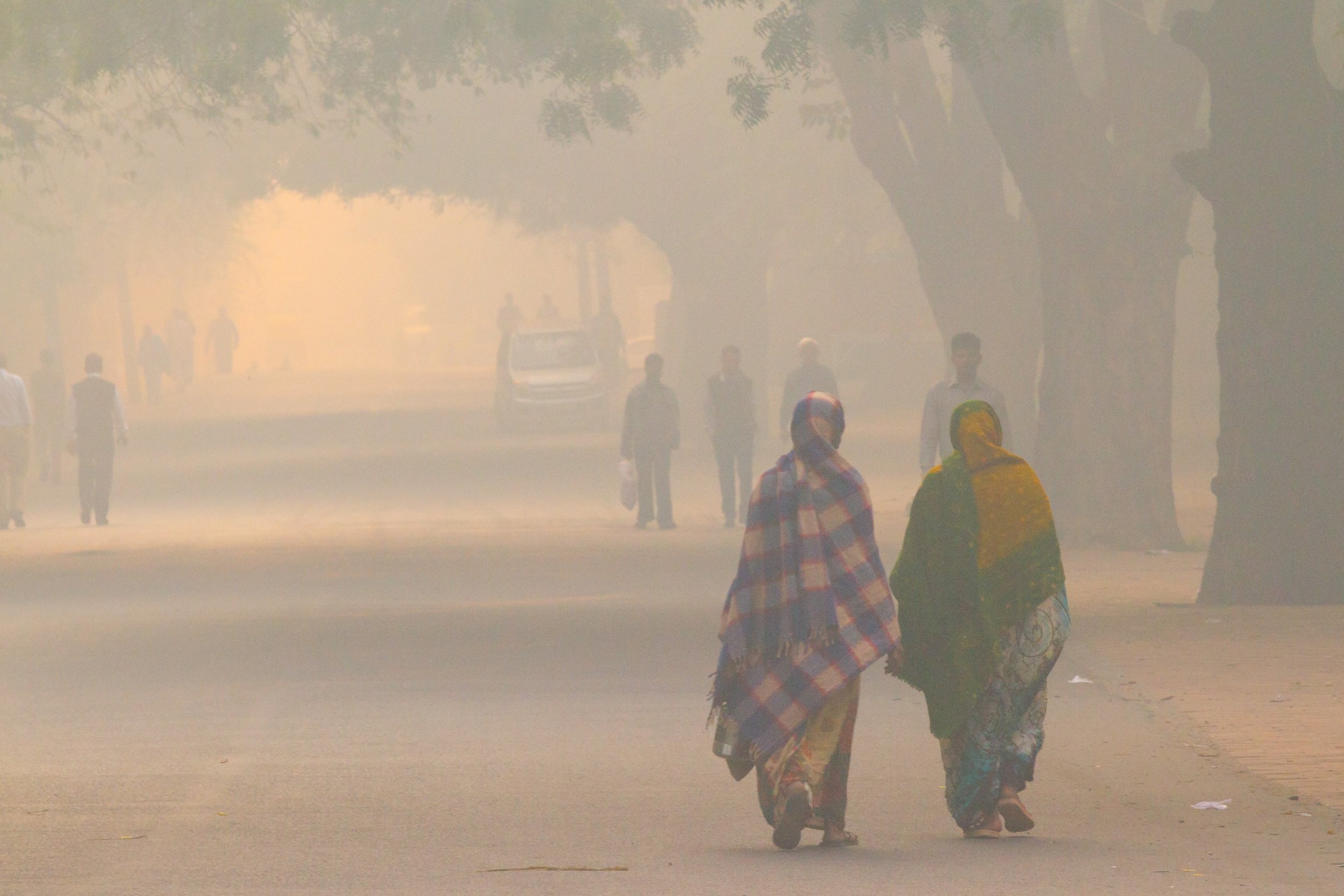
Breathe In, Breathe Out: Air Pollution and Inequity
Even though every one of India's 1.4 billion residents resides in regions where they breathe unhealthy air that exceeds the air-quality guideline set by the World Health Organization, the marginalized and disadvantaged communities face the disproportionate effect of such high levels of air pollution.
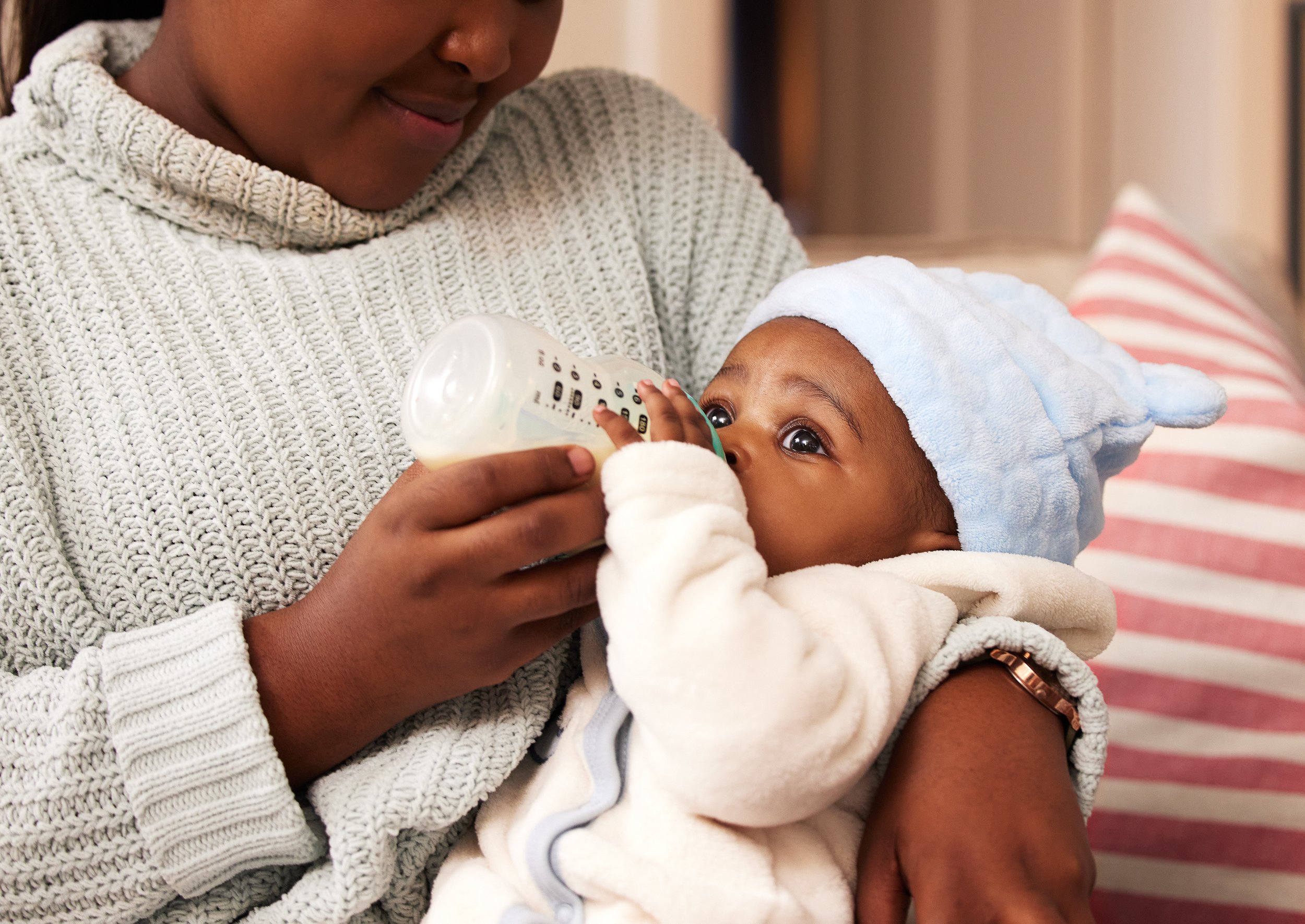
Malnutrition Among Cleft Patients: A Neglected Burden in Low and Middle-Income Countries

Bottling a Genie: Insulin Access in Low-Income Countries

Cardiac Surgery in Africa: A Student Perspective

Unmasking the Silent Killer: Cervical Cancer in Africa

Who sets Africa’s research agenda?
The day African scientists take up their responsibility of getting engaged and intentional about improving the level of research without dependence on foreign bodies is the day they will determine the African research agenda.
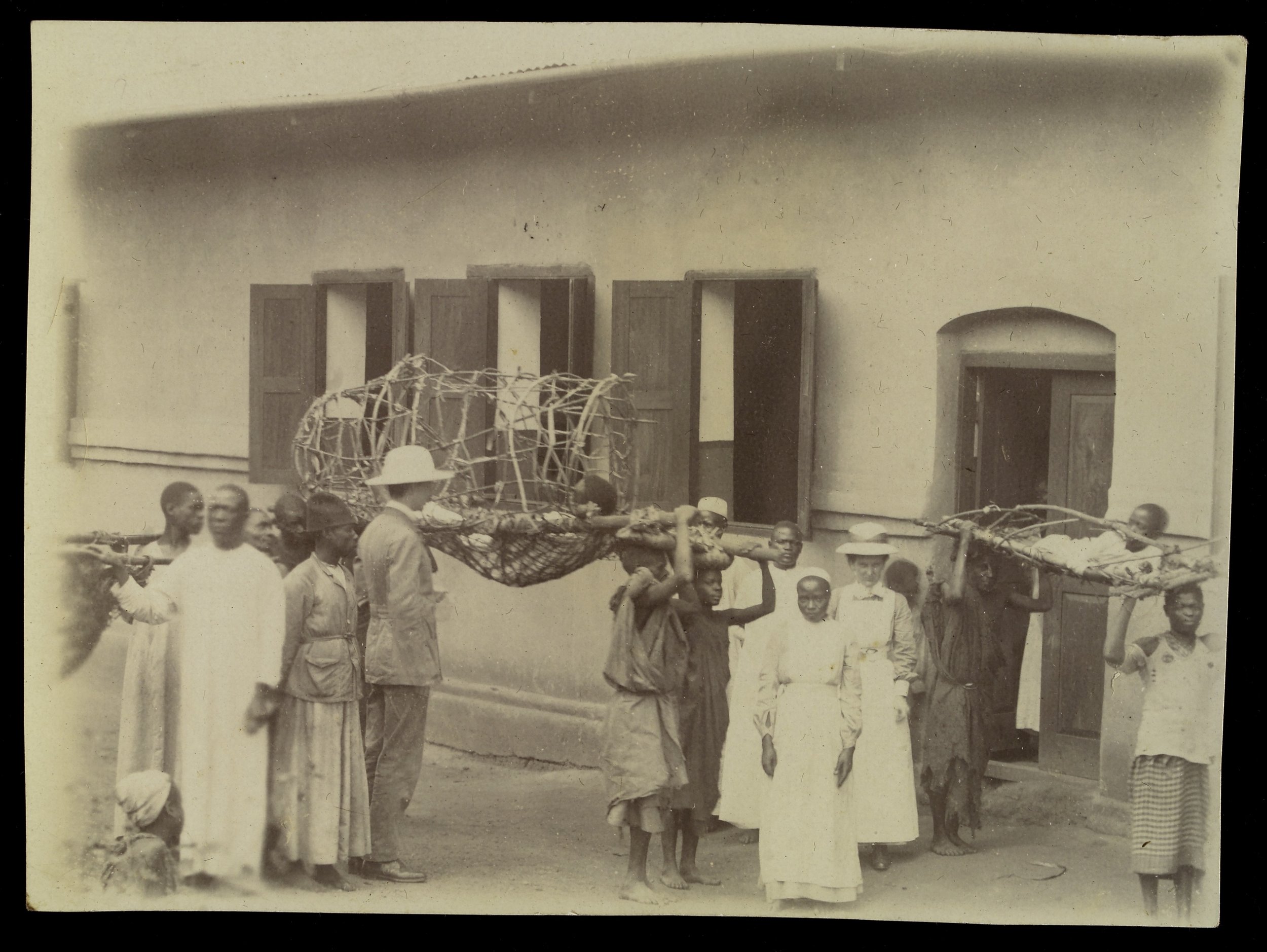
How to Decolonize Our Minds and Global Health
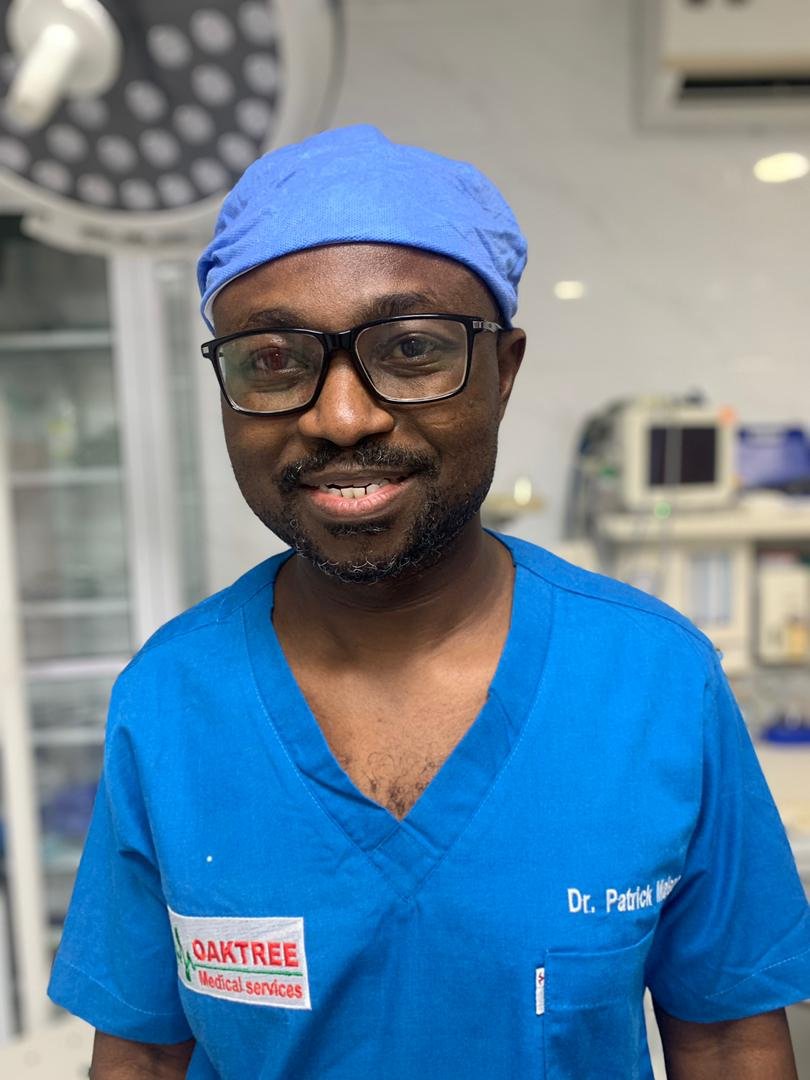
Lost Limbs, Lives, and Livelihoods
As I watched him fix my phone, Amidu narrated his ordeal after being discharged from the trauma ward. The realization that his right leg was amputated evoked a mix of shock, sadness, and sympathy in me as I listened to him.
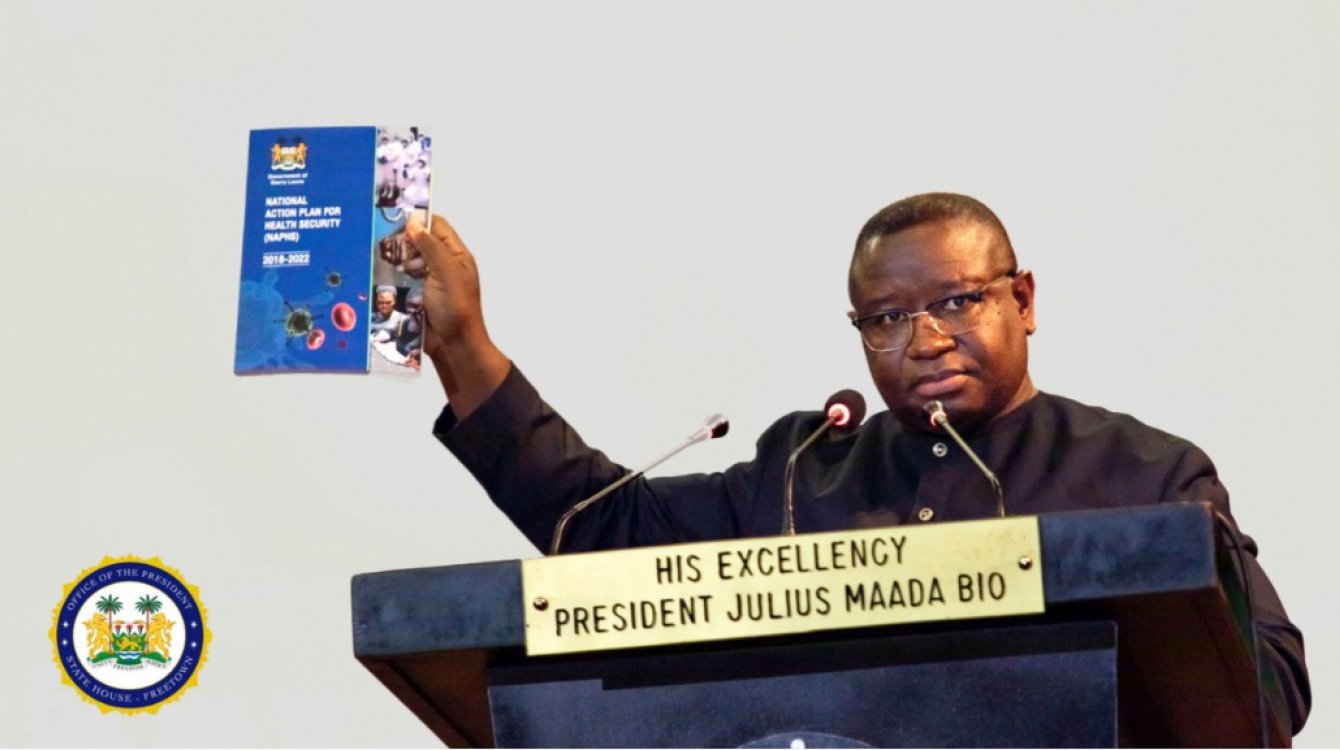
From Lunacy to Mental Health: Prioritizing mental health in Sierra Leone
Sierra Leone’s president, Julius Maada Bio, recently announced the creation of a national mental health task force. What may be routine in other countries is big news here. For the first time, the government is prioritizing mental health alongside issues like education and social welfare.

Safeguarding India and Nigeria’s Future: Exploring Youth and Road Safety

Brain Drain of African Health Workers: The Good, the Bad, and the Ugly
